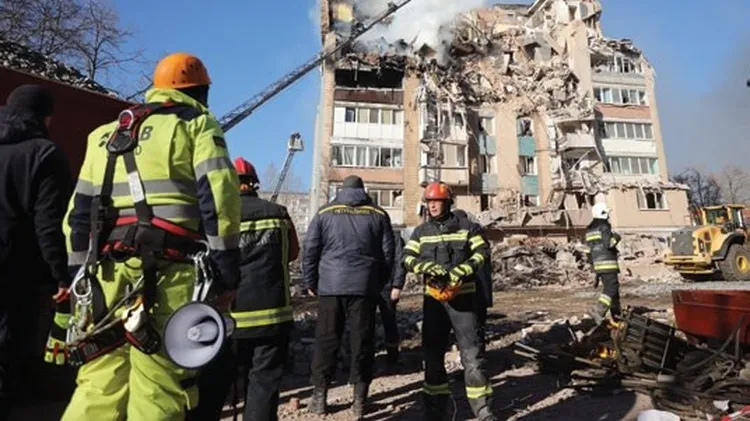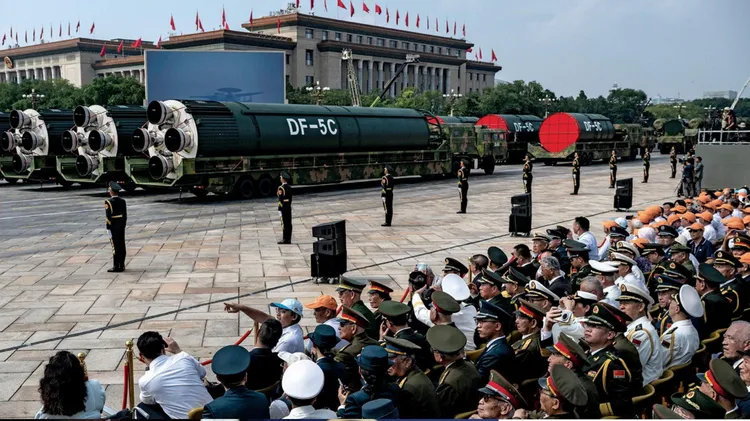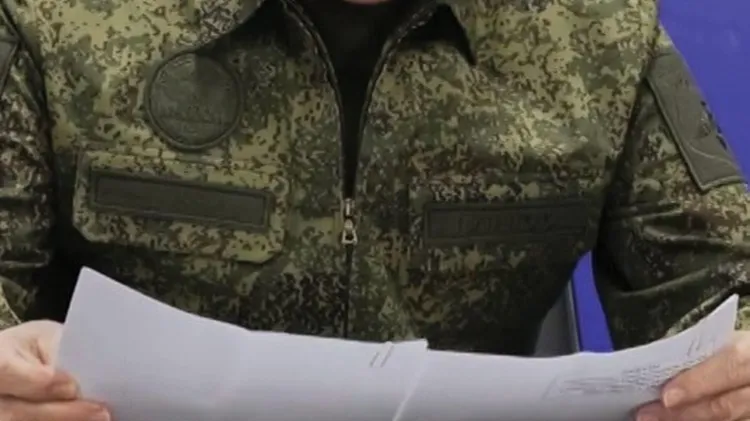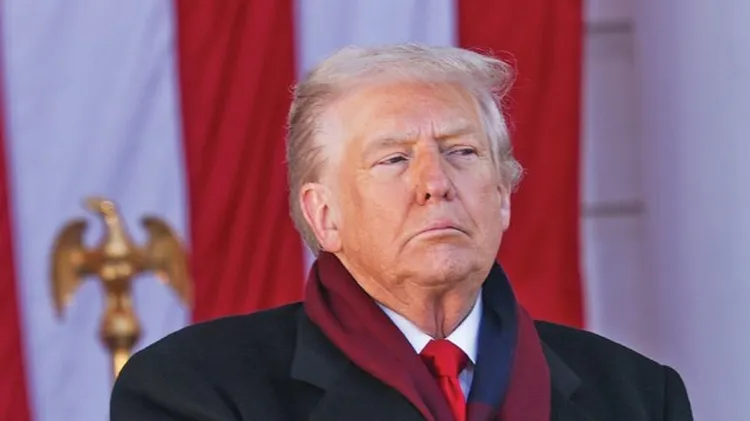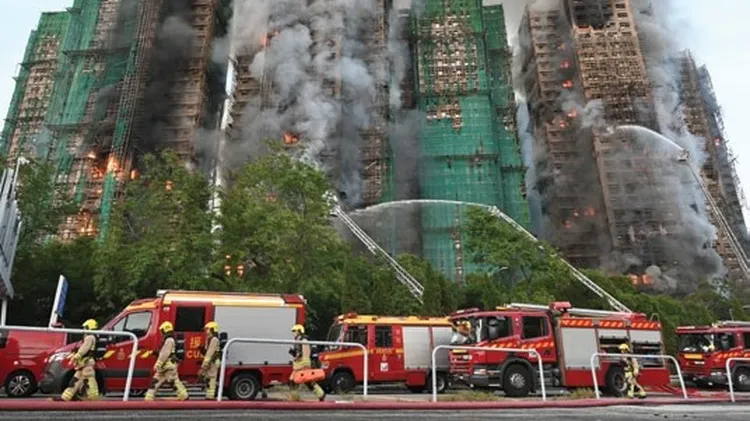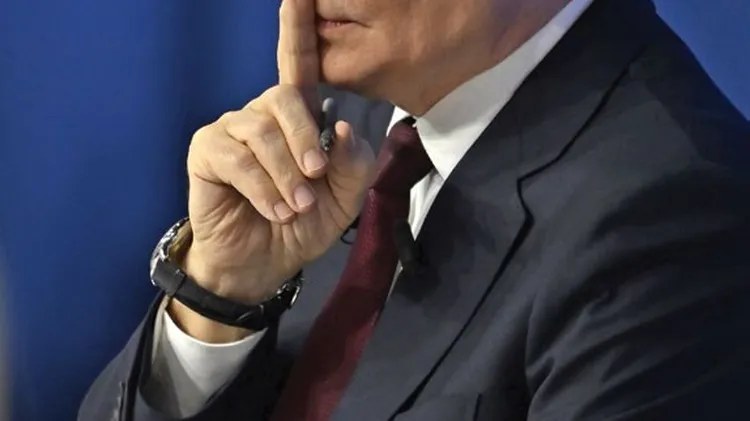The UK spends above the Nato average on the armed forces, but d
Britain’s crumbling defences
4 min read
This article is from...
Read this article and 8000+ more magazines and newspapers on Readly

